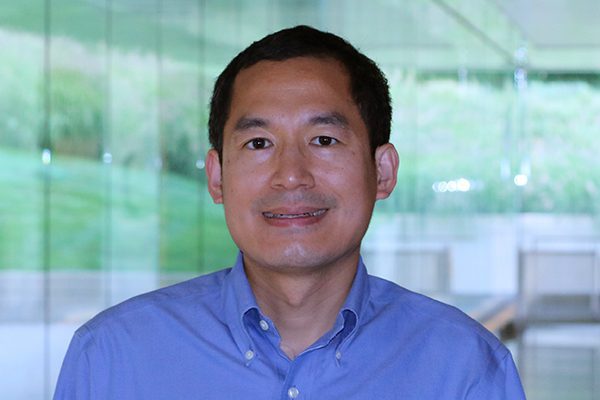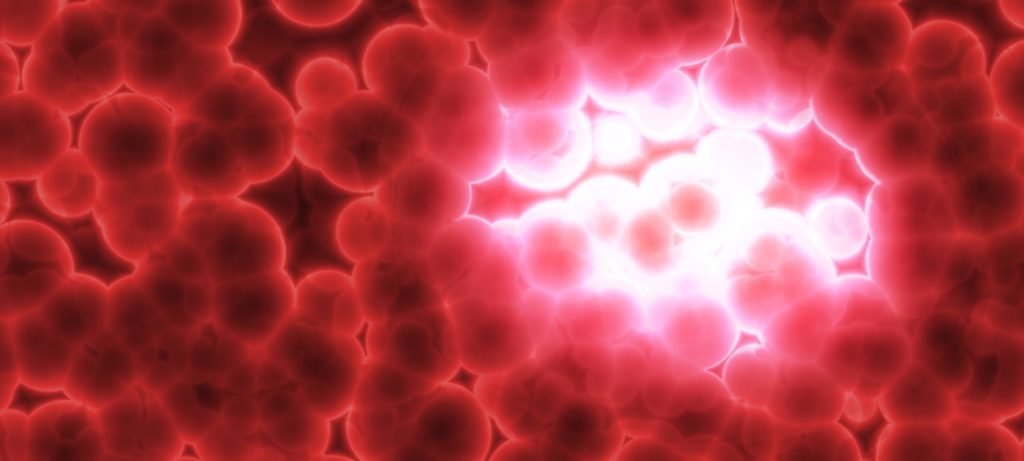Transparent solar panels on windows could take a bite out of a building’s electricity needs.
The post Urban solar energy: Solar panels for windows hit record 8% efficiency appeared first on Michigan Engineering News.
Transparent solar panels on windows could take a bite out of a building’s electricity needs.
The post Urban solar energy: Solar panels for windows hit record 8% efficiency appeared first on Michigan Engineering News.

Brighter, crisper screens that draw half the power and lasts twice as long are possible with NS Nanotech’s next-gen LEDs.
Story by Colin Barras
The post The Future of Lasers appeared first on Michigan Engineering News.

Guo is working to boost the visibility of autonomous cars for improved safety, and Mi is building a prototype solar hydrogen production system that could out-compete electric cars.
Getting rid of some gears enabled a free-swinging knee, regenerative braking and brought the noise level down from vacuum cleaner to fridge.
The post Space motor helps make robotic prosthetic leg more comfortable and extends battery life appeared first on Michigan Engineering News.

Prof. Kamal Sarabandi and ECE PhD student Navid Barani won a best paper award for their research on how biological cells may use electromagnetic signal transmission to communicate.

PhD student Ester Bentley designs smaller, better 3D mechanical resonators for use in high-performance gyroscopes to help unmanned systems navigate when GPS signal is jammed or lost.

The Center for Entrepreneurship profiles a team of EECS students, who are working to develop the next generation of delivery vehicles.
A new application for an ongoing NSF project could bolster contract tracing efforts.

To improve the prediction and identification of stem-like cancer cells, Prof. Euisik Yoon’s group developed a method that is 3.5 times faster than the standard approach.